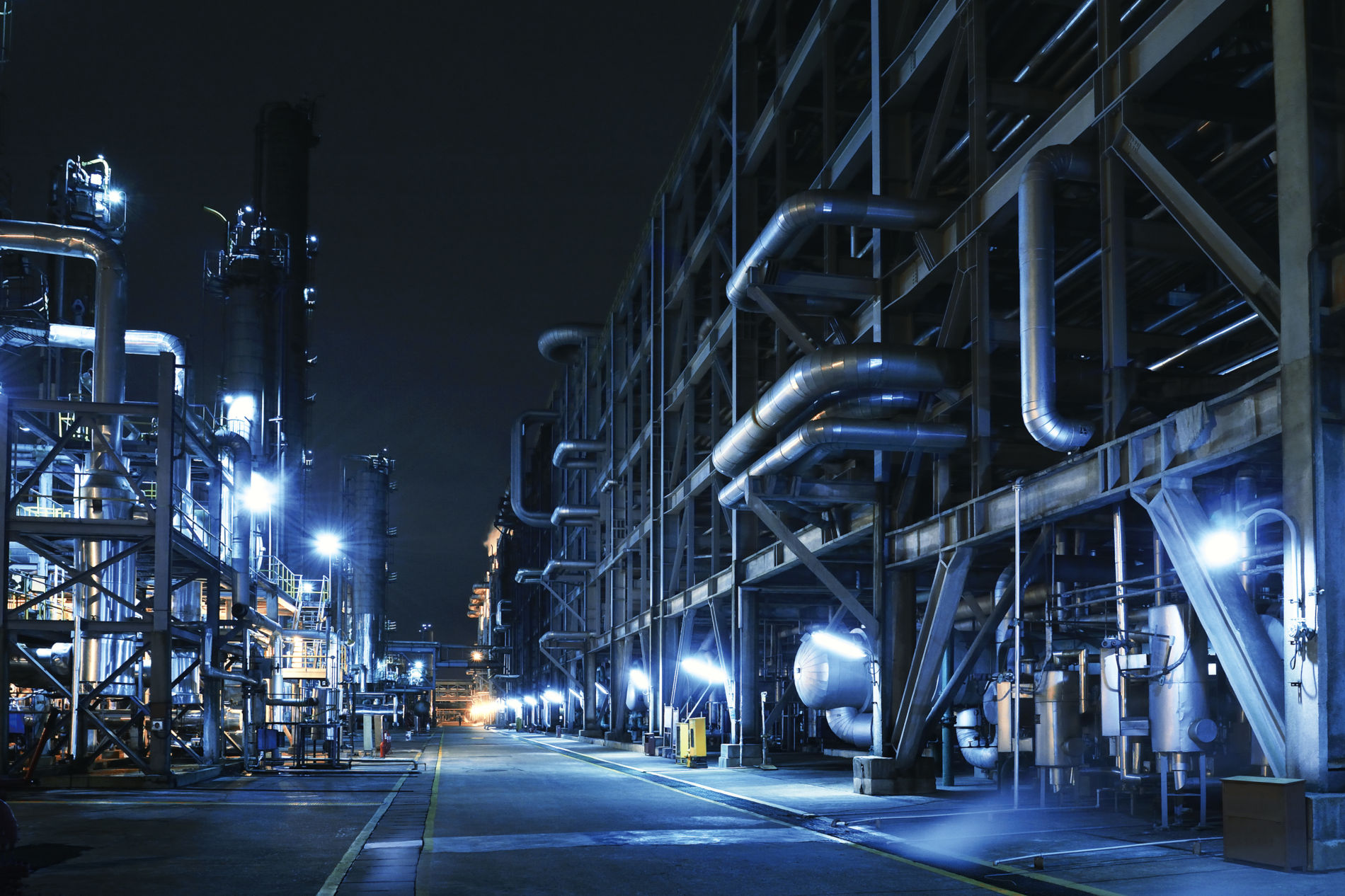
Innovation in energy and technology is on the rise across industry
Fused Deposition Modelling[1], a type of low cost 3D printing technology that is slowly taking over from injection moulding to quickly replace faulty parts in a production line reducing cost and improving operational efficiency; supercomputers that operate at 415,53 petaflops[2], that’s 415,53 million billionths operations per second, that are being put to work to find cures to illnesses or innovative solutions to energy management; and ever smarter power supply units that save energy and detect faults or anomalies in the correct functioning of equipment[3]. These are just some of the many innovations to hit industry, which over recent years has undergone massive digitalisation across all sectors, from manufacturing, construction and engineering to aerospace, materials and healthcare.
The advent of the Industrial Internet of Things (IIoT) has seen a rise in smart sensors, tools able to communicate and process vast amounts of data and more recently, the nascent but growing use of artificial intelligence (AI) and related technologies such as machine learning and deep learning.
Companies across various sectors of industry are using these technologies to optimise their production lines, plan for future demand and control the quality of their products and services. They are also being used for predictive maintenance work avoiding long and costly downtime, and even in companies’ human resources strategies or to optimise the energy used to run their businesses[4].
Interestingly, in the management of energy, the use of smart connected technology and AI in particular, is already helping industry to significantly reduce its carbon emissions by making use of energy and raw materials in their production lines and processes more efficiently.
In response to the fast-paced rise in technological innovation, companies such as Rexel have ramped up their expertise in the IIoT. Today, Rexel boasts a team of specialized technicians who between them bring extensive experience in cybersecurity, robotics, cobot applications (robots intended for direct human robot interaction within a shared space[5]) and software automation. The company has also signed partnerships with specialists who have developed an application that enables the digitalisation of all the manufacturing and maintenance procedures used across an industrial site. The app allows Rexel’s clients to monitor their production lines and maintenance offsite and in real-time.
According to Grégoire Morineaux, Director for Industry at Rexel France, it is imperative that the industrial sector in France regains its competitiveness and improves its productivity and to do so it needs to embrace the digital revolution.
Explaining the digital step-change in Rexel’s own industrial offering, he said: “We have restructured our offer for our industrial customers by providing better support at all stages of their production and maintenance cycle and are helping them to optimize their industrial processes by offering an ever-wider choice of digital solutions and connected objects in the products and services we offer.”
Although innovation in technology and energy management is gathering pace in industry, it will take a few more years and a great deal of investment before factories across the board adopt a digital approach across their production lines. A recent study puts the figure at 400 bn dollars in investment needed for 50% of the world’s manufacturers to digitalise their production lines and processes over the next five years[6]. Nevertheless, there is little doubt that forward thinking companies that embrace digitalization and the IIoT today, will be the leaders in industry tomorrow.
[1] http://www.primante3d.com/schneider-3d-30062020/
[2] https://www.sciencesetavenir.fr/high-tech/fugaku-le-supercalculateur-japonais-le-plus-rapide-au-monde_145392
[3] https://www.filiere-3e.fr/2020/07/17/des-alimentations-intelligentes-et-performantes-pour-les-applications-industrielles-de-demain/
[4] https://www.filiere-3e.fr/2020/07/13/lintelligence-artificielle-cerveau-numerique-de-lindustrie-du-futur/
[5] https://en.wikipedia.org/wiki/Cobot
[6] http://www.mesures.com/automatisme/item/17642-siemens-guide-le-financement-de-la-transformation-numerique-des-industriels

